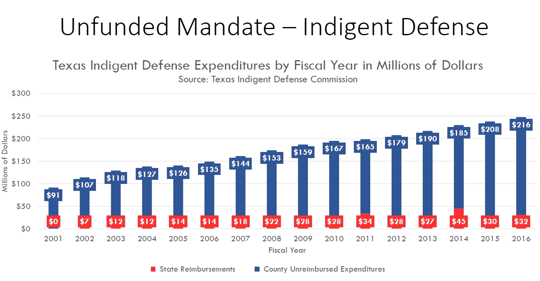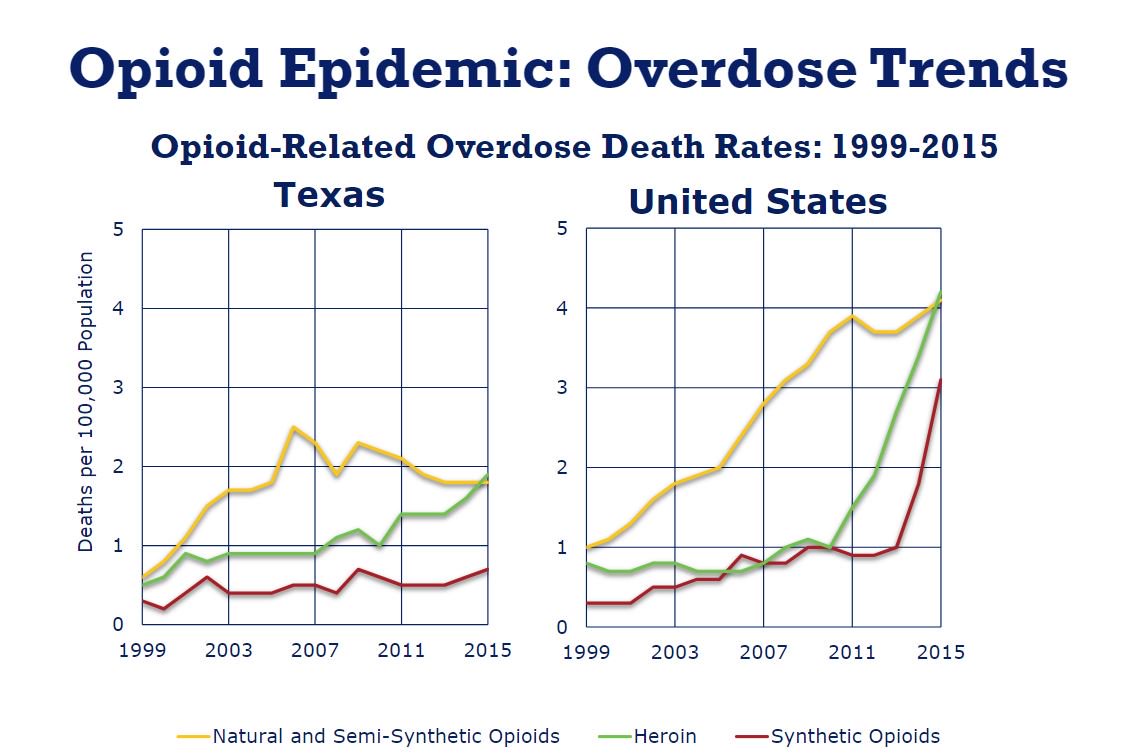The Fair Punishment Project has a good
roundup in its In Justice Today Texas newsletter of stories on Texas' efforts to reduce the so-called "rape kit backlog," and I was pleased to see among them
this item identifying "5 myths" surrounding the controversy over un-tested rape kits from the co-founders of
People for Enforcement of Rape Laws.
I agree with most of that commentary, but there's one other "myth" they didn't cover: That every un-tested rape kit has the potential to identify a criminal. Many times, the reason rape kits go un-tested is that the identity of the alleged assailant isn't the issue. Rather, the issue is whether a sexual act was consensual, and the existence of DNA doesn't prove culpability.
For more context, check out the lab director from the Los Angeles Sheriff's Office
discussing the cost-benefit issues surrounding testing of rape-kit backlogs at a National Institute of Justice event in 2010. They spent $1.7 million to analyze their rape-kit backlog to find just two viable suspects.
In Houston, by contrast, they
found many more un-solved cases when old rape kits were tested. IMO that's because HPD was doing a much poorer job of investigating sexual assaults than the Los Angeles Sheriff. This speaks to one of the main critiques of the authors of the "5 myths" article:
The failure of law enforcement to properly investigate rape is not limited to testing rape kits. Too often, investigations are closed before a kit is even taken. Investigating and solving a rape case takes actual police work. Detectives must find and interview witnesses, interview the victim, track down evidence, corroborate the account of events with both the victim and witnesses, and compare the case details to unsolved cases to try to detect patterns. Yet instead of doing this necessary legwork, police unfound, downgrade, and “disappear” rape cases.
Take the Detroit police department, which, “under nine chiefs, both male and female, sustained a culture in which officers routinely neglected rape complaints or actively discouraged victims from seeking redress, all without fear of consequence,” according to Detroit Free Press columnist Nancy Kaffer. The department, like others, has a long history of underreporting rape. In 2001, the department admitted that the statistics it reported to the FBI for rape arrests — which were at least twice the national average throughout the 1990s — were seriously flawed.
That's a fair analysis, but it doesn't apply to every agency. The examples of HPD and the LA County Sheriff illuminate how widely that can vary from department to department. Not every agency suffers from a culture of neglected rape complaints, but when it happens, it compounds tragedy in bunches.
At one point, the National Institute of Justice had
issued a grant to Houston PD (also Detroit) to develop protocols regarding when it was and wasn't appropriate to perform DNA testing on rape kits. There is a
detailed website illuminating all sorts of interesting aspects about this project, but Grits has still never seen any final recommendation regarding exactly under what circumstances law enforcement should choose not to have a rape kit processed at the crime lab. (If I've just missed them, please, somebody point them out; once my job ended as the Innocence Project of Texas policy director, I stopped tracking these topics closely.)
Grits mentions this not to discourage testing of rape kits, nor to make excuses for those in the past who allowed rape cases to languish un-investigated. But because there are, in fact, viable circumstances under which the expense of rape-kit testing isn't justified - particularly in cases where the principle issue is consent, not identity - until such protocols are promulgated, law enforcement will continue to make decisions about whether to test rape kits on a case by case basis.
Better to just create a set of reasonable best practices then pressure everyone to follow them, than to insist that every rape kit be tested and backlogs always = zero. Then, police will know what's expected of them and the public will better understand why an un-tested rape kit isn't
per se evidence of police negligence or incompetence.
Another question raised by such test-or-no-test protocols: Might there be rape victims who are unnecessarily subjected to invasive evidence-gathering procedures who needn't be? It's not fun to go through that (I'm told), and in cases where it's clear from the get-go it's not necessary, maybe a lot of these women needn't go through the experience in the first place. Stranger rape is pretty rare, after all. If police were trained up front when rape-kit evidence might be pertinent to an investigation and when it's unnecessary, maybe you could chip away at the number of un-tested kits from that direction.
Finally, having mused over this recent spate of reporting on the topic, Grits should point out a related, recent article from the Washington Post that raises the fraught and difficult question looming over all these rape-kit backlog debates:
What happens when the results come back? Nothing simple, is the short answer. Houston's approach seems as reasonable as any:
Houston tried a different model. A hotline was set up and publicized, so that any victim who wanted information about their old kit could ask for it. Then, police and prosecutors combed through the CODIS hits and decided which cases actually had a chance of moving forward in the criminal justice system. Victims were notified only if their cases seemed “actionable.” “What’s at stake is the well-being and mental health of sexual assault victims,” says Noël Busch-Armendariz, a researcher who was involved in Houston’s process. “You never know where people are in their lives and what support systems they have or don’t have ready for them.”
Louisville, by contrast, notified every woman on the list her kit would be tested, even if there turned out to be no one else's DNA in the sample. "In Virginia," according to the Post, "this dilemma would ultimately pit police, prosecutors, advocates and lawmakers against one another, making the situation far more complicated than they ever intended. Everyone wanted to do the right thing for victims; there was just no way to know what that was."
Ironically, for a situation in which everyone wants to "do the right thing for victims," often victims opinions in the process are
either unsolicited or roundly ignored.
These are incredibly difficult questions which won't be resolved anytime soon. The USDOJ under the Trump Administration has issued a recommendation that every rape kit associated with a criminal complaint be tested, reported the Post, but law enforcement agencies on tight budgets likely will balk at truly unnecessary testing, especially if it becomes required in volume.
Your correspondent doesn't have solutions to these issues, but there's a growing urgency to confront them.
.jpg)





